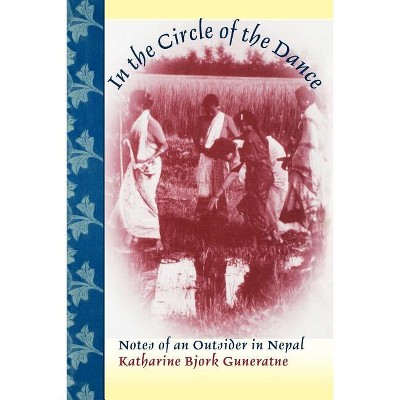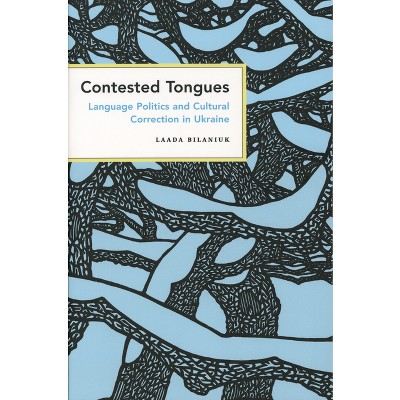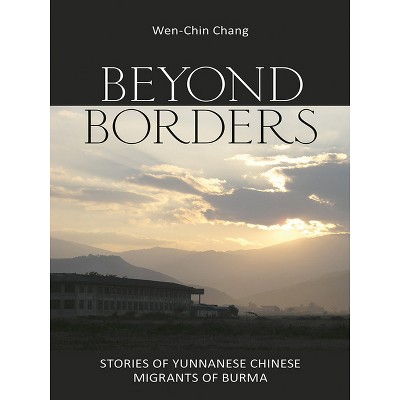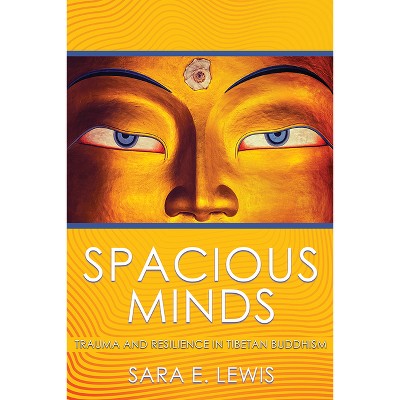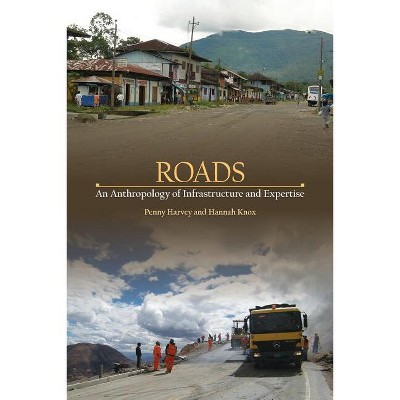About this item
Highlights
- The Tharu of lowland Nepal are a group of culturally and linguistically diverse people who, only a few generations ago, would not have acknowledged each other as belonging to the same ethnic group.
- About the Author: Arjun Guneratne is Associate Professor of Anthropology at Macalaster College.
- 256 Pages
- Social Science, Anthropology
Description
About the Book
The Tharu of lowland Nepal are a group of culturally and linguistically diverse people who, only a few generations ago, would not have acknowledged each other as belonging to the same ethnic group. Today the Tharu are actively redefining themselves as...
Book Synopsis
The Tharu of lowland Nepal are a group of culturally and linguistically diverse people who, only a few generations ago, would not have acknowledged each other as belonging to the same ethnic group. Today the Tharu are actively redefining themselves as a single ethnic group in Nepal's multiethnic polity. In Many Tongues, One People, Arjun Guneratne argues that shared cultural symbols--including religion, language, and common myths of descent--are not a necessary condition for the existence of a shared sense of peoplehood. The many diverse and distinct socio-cultural groups sharing the name "Tharu" have been brought together, Guneratne asserts, by a common relationship to the state and a shared experience of dispossession and exploitation that transcends their cultural differences. Tharu identity, the author shows, has developed in opposition to the activities of a modernizing, centralizing state and through interaction with other ethnic groups that have immigrated to the Tarai region where the Tharu live.This book"s claims have wide implications for the study of ethnic identity and are applicable far beyond Nepal. The emergence of the category of Native American, for example, may be considered an analogous case because that ethnic identity, like the Tharu, subsumes people of different cultural origin, and has been defined both through the state and against it.
Review Quotes
The reshaping of identity is a process at work among most of the numerous minority groups of the so-called 'multi ethnic' Nepal. Arjun Guneratne's book, the first of its kind concerning Nepal, is a most welcome contribution on a topic which has been in the foreground since the 1990s return of multipartism.... It is without doubt a very well documented and stimulating contribution to the ongoing debate on the politics of ethnicity in Nepal.
-- "Bulletin of SOAS"This book contains considerable background on the operation of caste and ethnic identity in Nepal and in India which is easily accessible to the informed layperson.
-- "Asian Affairs"About the Author
Arjun Guneratne is Associate Professor of Anthropology at Macalaster College.
Shipping details
Return details
Trending Poetry







